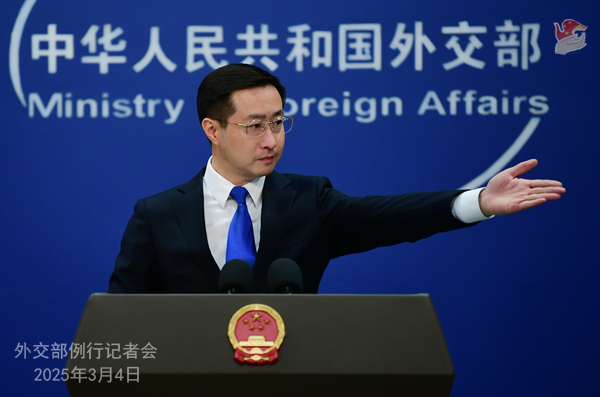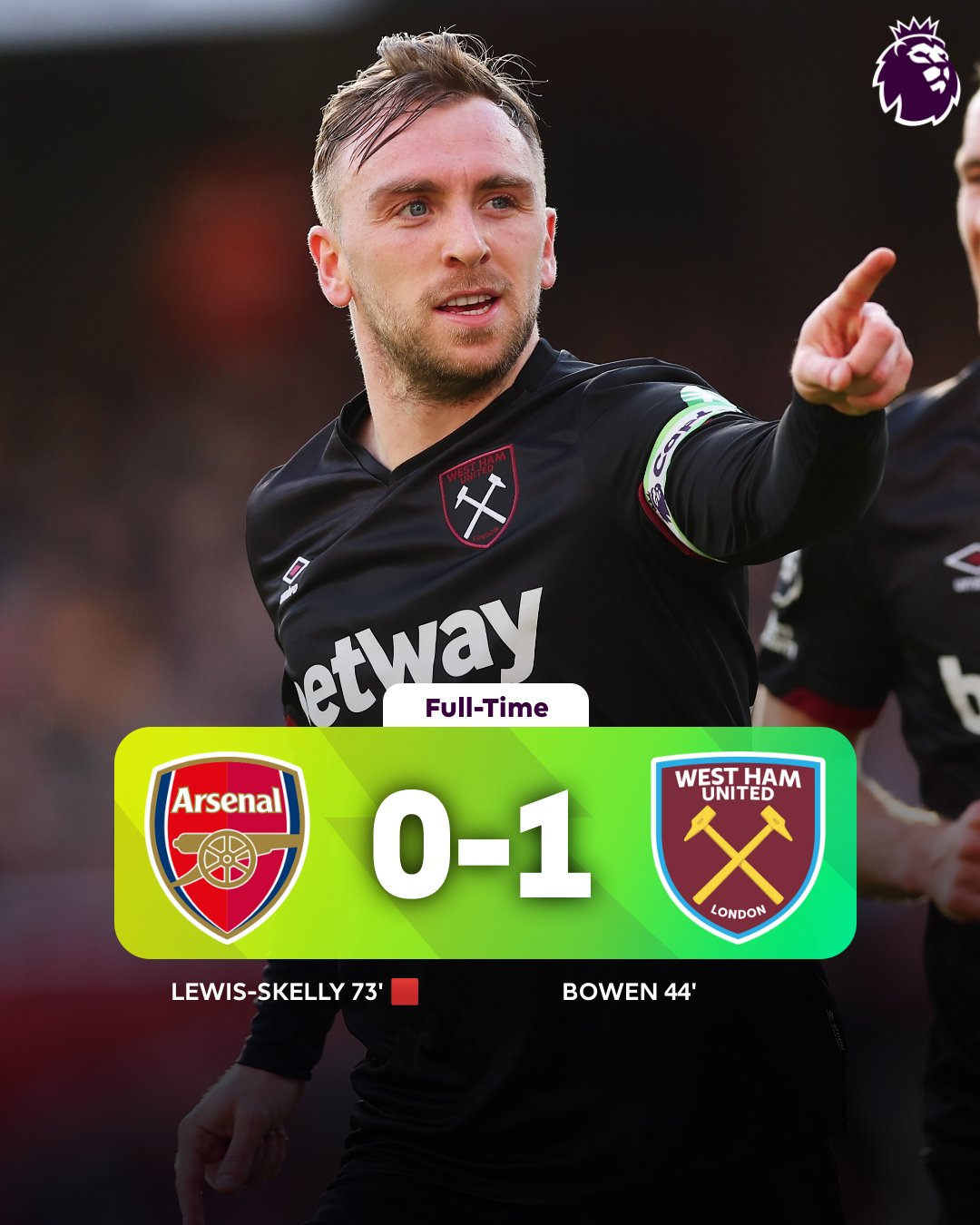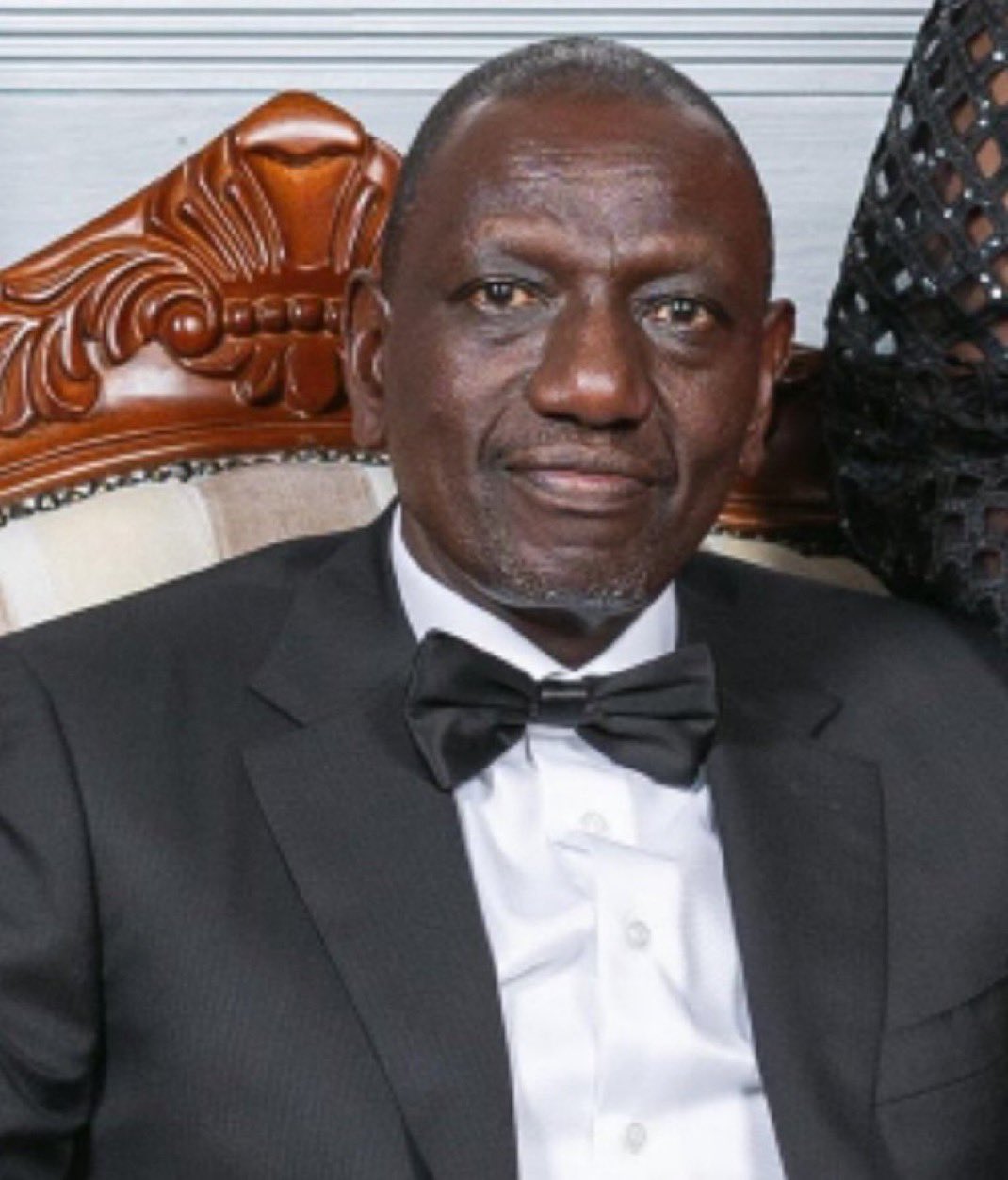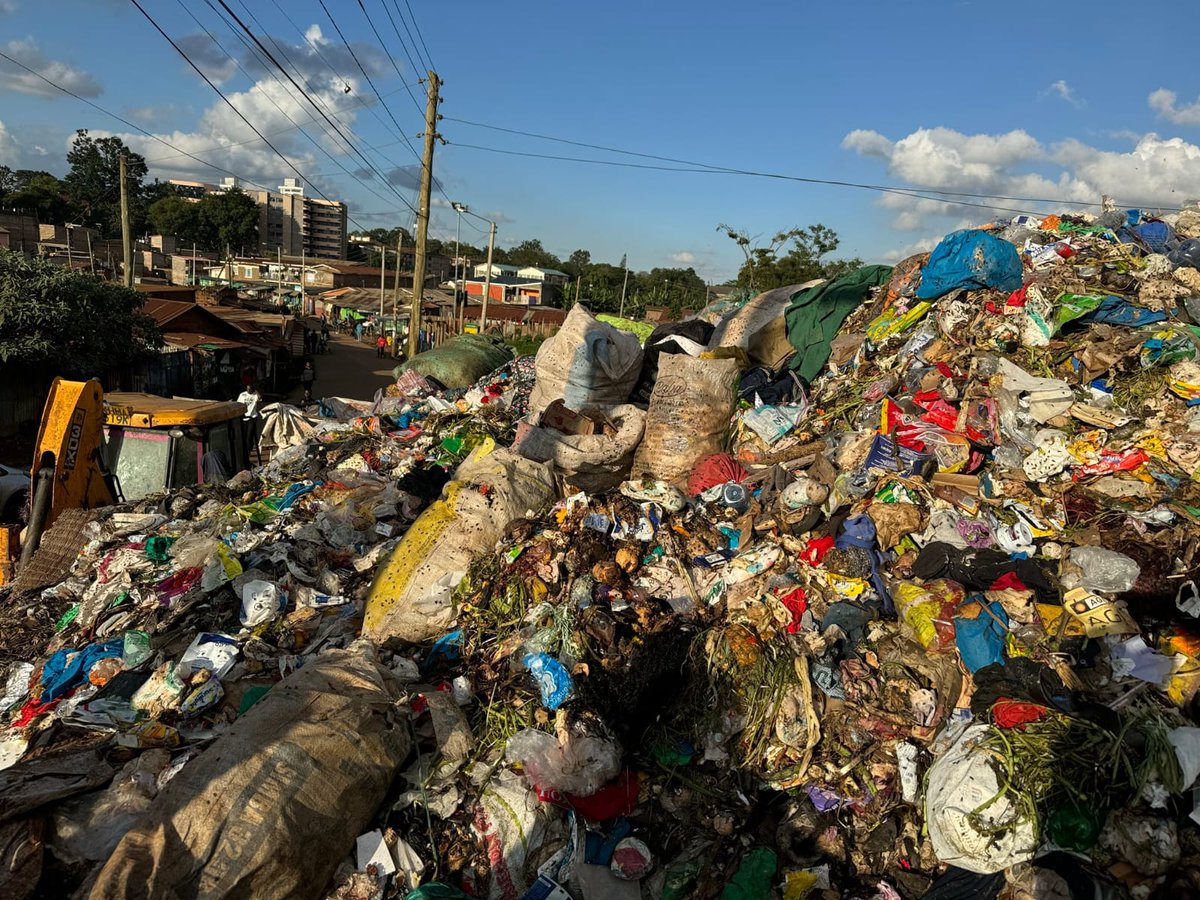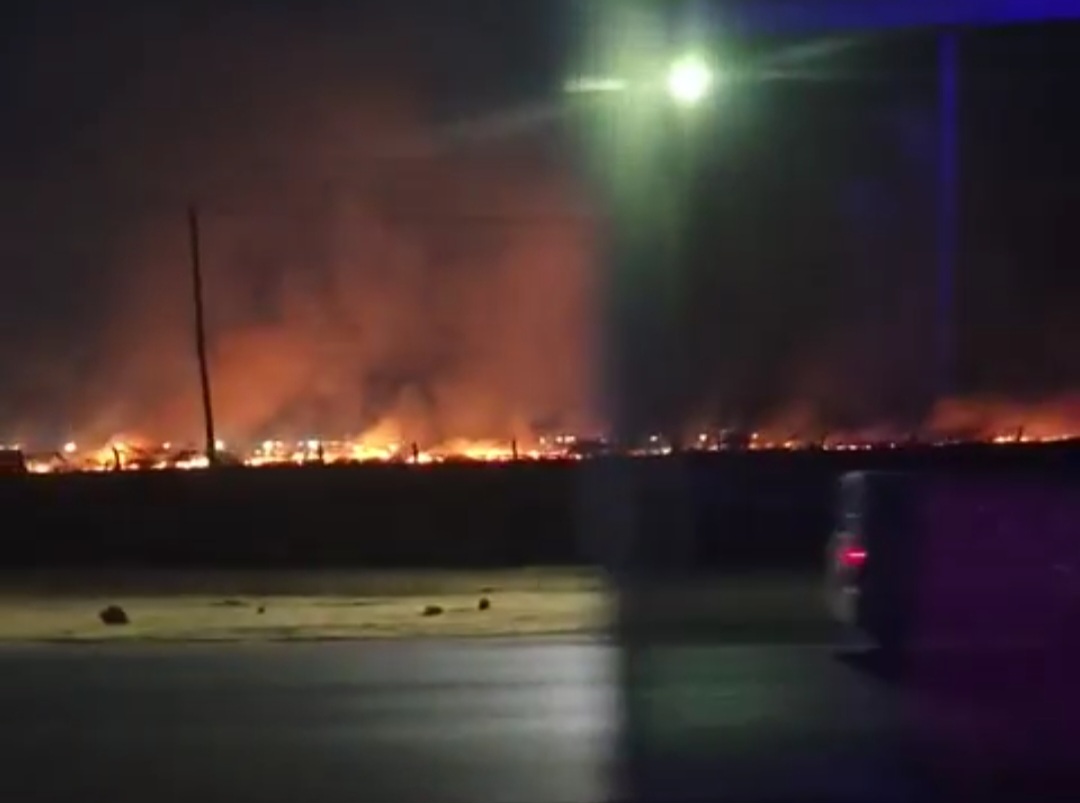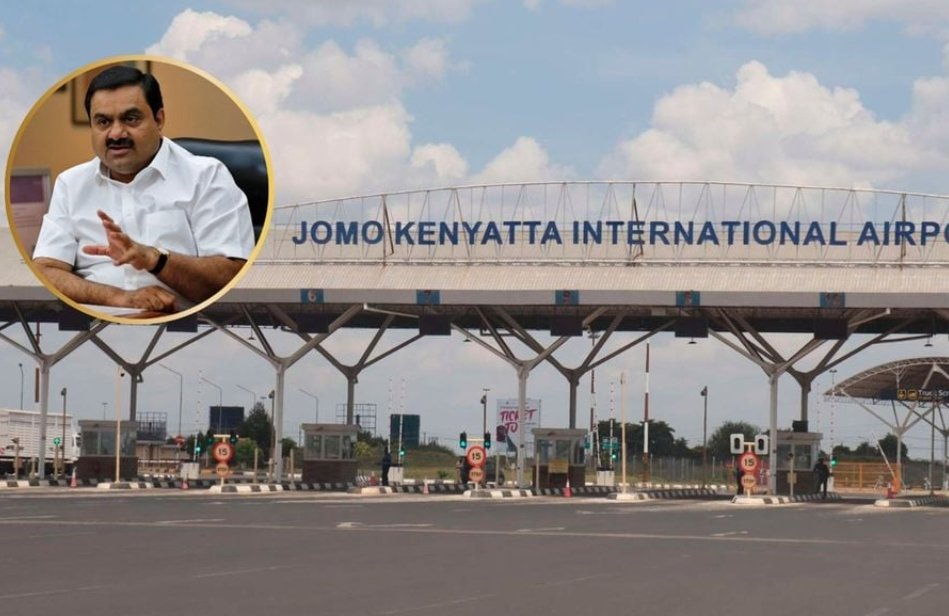
The proposed deal involving India’s Adani Group taking over the operations of Jomo Kenyatta International Airport (JKIA) has sparked significant controversy in Kenya and raised concerns in India. The deal, which is a public-private partnership (PPP), involves a 30-year build-operate-transfer (BOT) contract under which Adani would upgrade JKIA, including constructing a second runway and a new passenger terminal. The cost is estimated at around KSh 246 billion (approximately $2 billion).
Several concerns have been raised by stakeholders in Kenya, including aviation workers and political figures. Aviation workers at JKIA have protested the potential job losses and increased charges that might result from Adani’s involvement. These protests have caused flight delays and disruptions at JKIA. The Kenya Airports Authority (KAA) workers have demanded transparency and further discussions before proceeding with the lease agreement.
Senator Richard Onyonka and other political leaders have also raised concerns about the lack of transparency surrounding the deal, questioning KAA’s decision-making process and the terms of the agreement. They have called for full disclosure of the contract terms and details related to the appointment of transaction advisors.
Kenyan authorities, including President William Ruto and Transport Cabinet Secretary Davis Chirchir, have defended the deal, citing the need to modernize JKIA to handle more passengers and improve the country’s aviation infrastructure. They argue that the government is constrained by its fiscal situation and needs private investment to undertake such a large-scale upgrade.
The situation remains contentious, with ongoing debates and calls for more public consultation and review of the deal’s terms to ensure it aligns with Kenya’s national interests.
